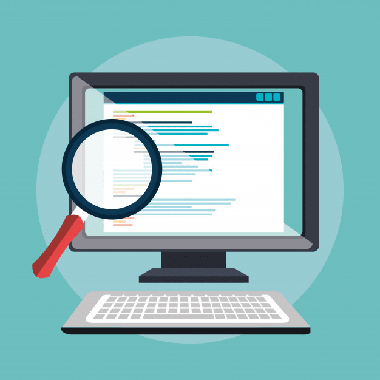Best Website Performance and Monitoring Service
If you’re running a business website, then scheduled downtime needs to be kept to a minimum. Unscheduled downtime needs to be avoided completely since it can be both expensive and embarrassing. There are several steps you need to take to make this happen. These include effective website monitoring and management. Here is what you need to know about website performance and monitoring.
It’s important to lay strong foundations for your website
Every time you make a decision or an action regarding your website, you influence its security. These decisions start long before you begin the process of actually putting your website together. For example, when you buy your domain, you need to ensure that you activate any privacy options available to you. Even if these come at a cost, they’re usually worth it. You also need to ensure that you put a lock on your domain so that any important action (like a transfer) requires additional verification.
You need to choose your host with security in mind (far ahead of price) and you need to choose the right hosting package for your needs and wants. Remember the old saying that you need to spend money to make money. In other words, be prepared to spend on security and infrastructure, particularly bandwidth. These can make a huge difference not only to your website’s uptime but to the overall user experience.
If you’re dealing with an established website, then it’s advisable to make a full security audit of all the decisions which have been taken concerning it. If there’s no documentation for these, then you need to go through literally every aspect of your website, until it is completely documented. Then you need to review your findings and commit to making any necessary changes.

Once your website is active, you need to undertake constant website monitoring
Even the very best defenses will be breached if they are left unattended for long enough. This means that you cannot just sit back and set your automated defenses to do all the work. You have to undertake proactive website monitoring and commit to acting on any alerts you receive.
Be aware that many of them will turn out to be false-positives, especially just after you implement new software (or update existing software) but over time you can fine-tune your settings to minimize these.
The core of an effective website monitoring strategy is a website vulnerability scanner. These are available from a wide range of vendors and each vendor will have their own take on how to implement them. Having said that, any decent website vulnerability scanner will include an anti-malware scanner and a website applications firewall.
There are various other website monitoring checks you can make. Arguably the two most important ones are ping tests and DNS tests. Ping tests will monitor your server’s performance and alert you to any problems at an early stage. They have many uses and are invaluable for detecting DDoS attacks while there is still time to remedy them (especially if you have plenty of bandwidth). DNS tests can let you know quickly if your domain has been hijacked. This is very unusual but it can also be very hard to identify if it ever does happen, so it’s worth checking.
Your servers, computers and mobile devices also need monitoring
Your servers are the place where your data is stored and your computers and mobile devices can be channels for cyberattackers to steal crucial login data. This means that they also need effective security, including an anti-malware scanner and a firewall. If you have remote and/or mobile users, then investing in a virtual private network is also strongly recommended. This will compensate for any insecurities in third-party internet connections.
Website monitoring is in addition to all-round security hygiene
Website monitoring is meant to boost your all-round security hygiene, not to be a replacement for it. In particular, it is not a replacement for failing to keep your software updated or for failing to manage and monitor your users appropriately, especially your admin users.
These issues are two of the biggest points of failure for websites and yet they can be easily avoided through effective management. If you know that you have issues promptly applying updates then it might be best to hire a third-party vendor to take care of this for you.
This would allow you to focus on monitoring and managing your users which is one of the most important factors in website security. Remember that security issues can be caused by ignorance as well as malice. In fact, it’s probably more common, at least as far as your employees are concerned. So it’s down to you to take steps to enforce good security practices and train your staff on why they matter.
Please click here now to have your website scanned, for free, by cWatch, the best website monitoring service provider from Comodo.
© 2026 Comodo Security Solutions, Inc





